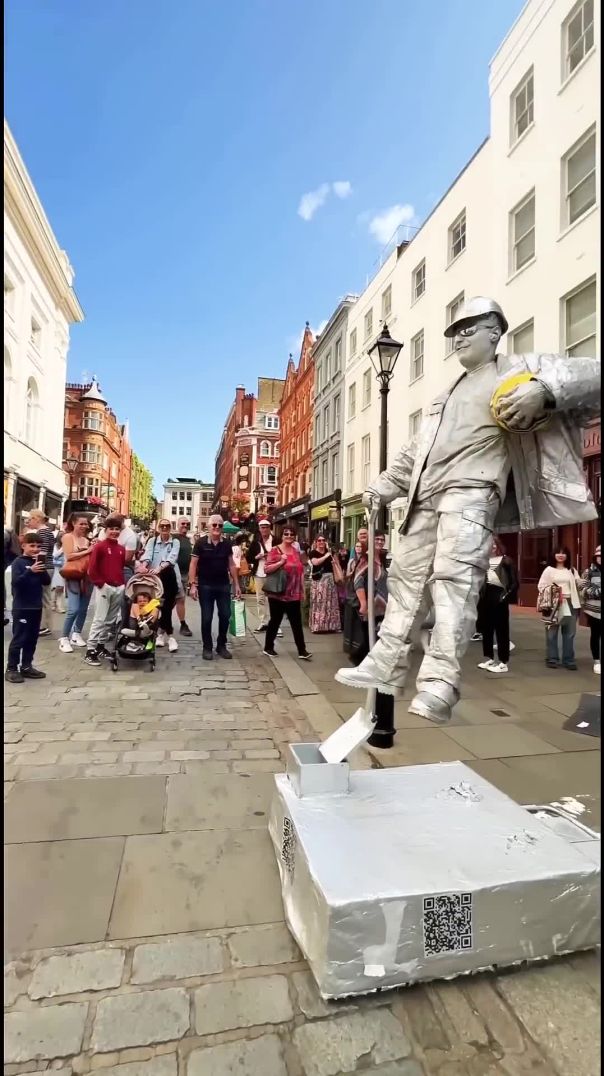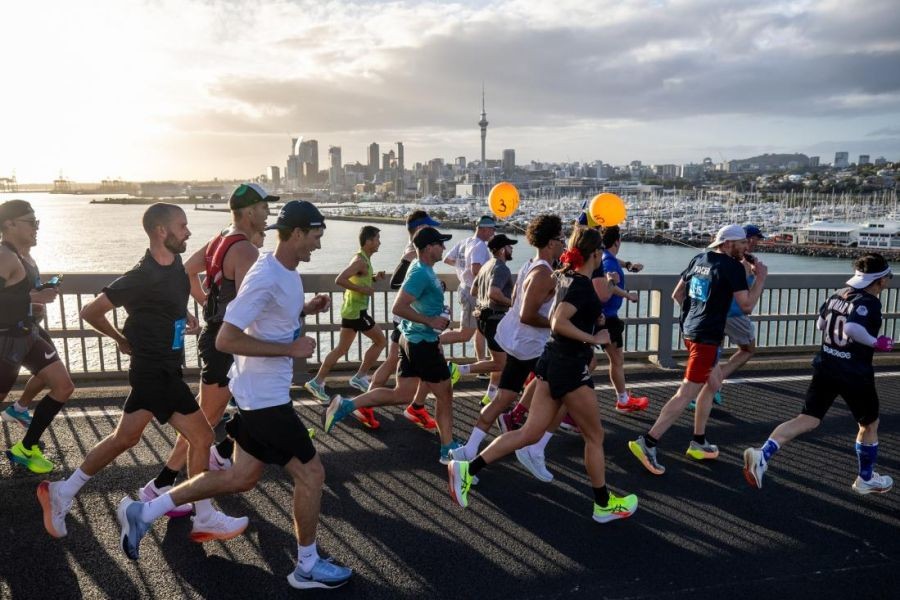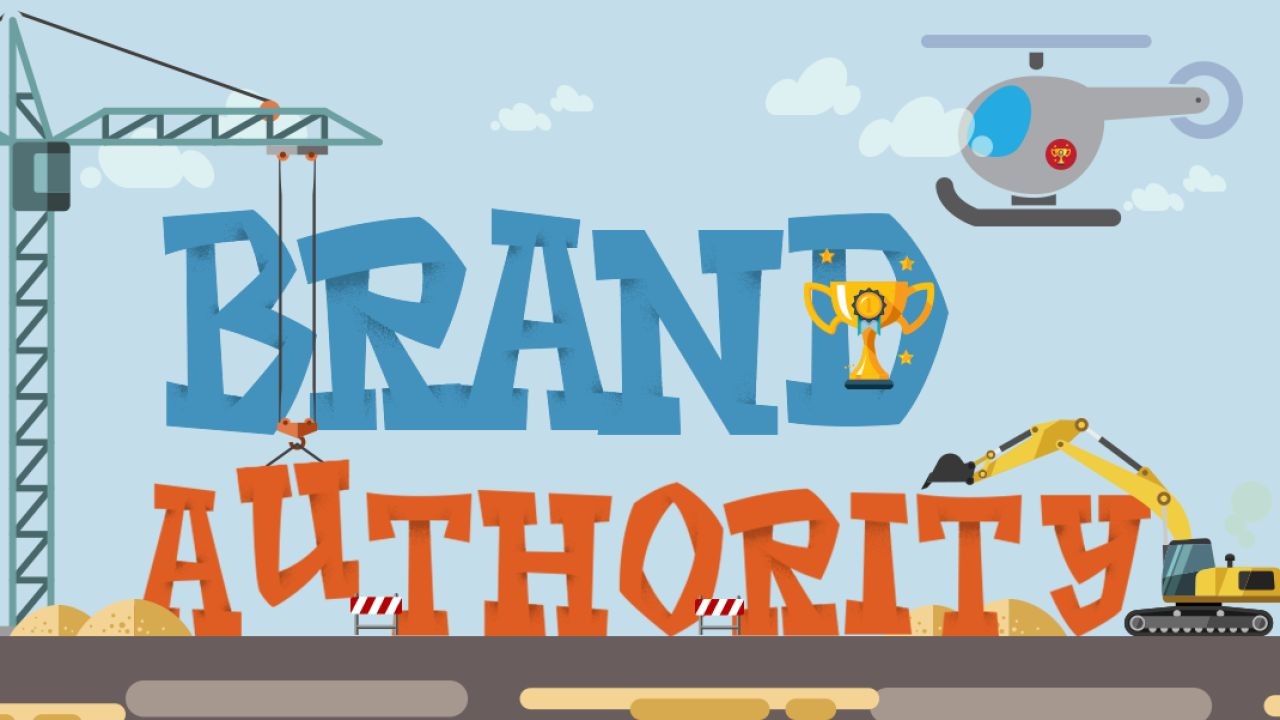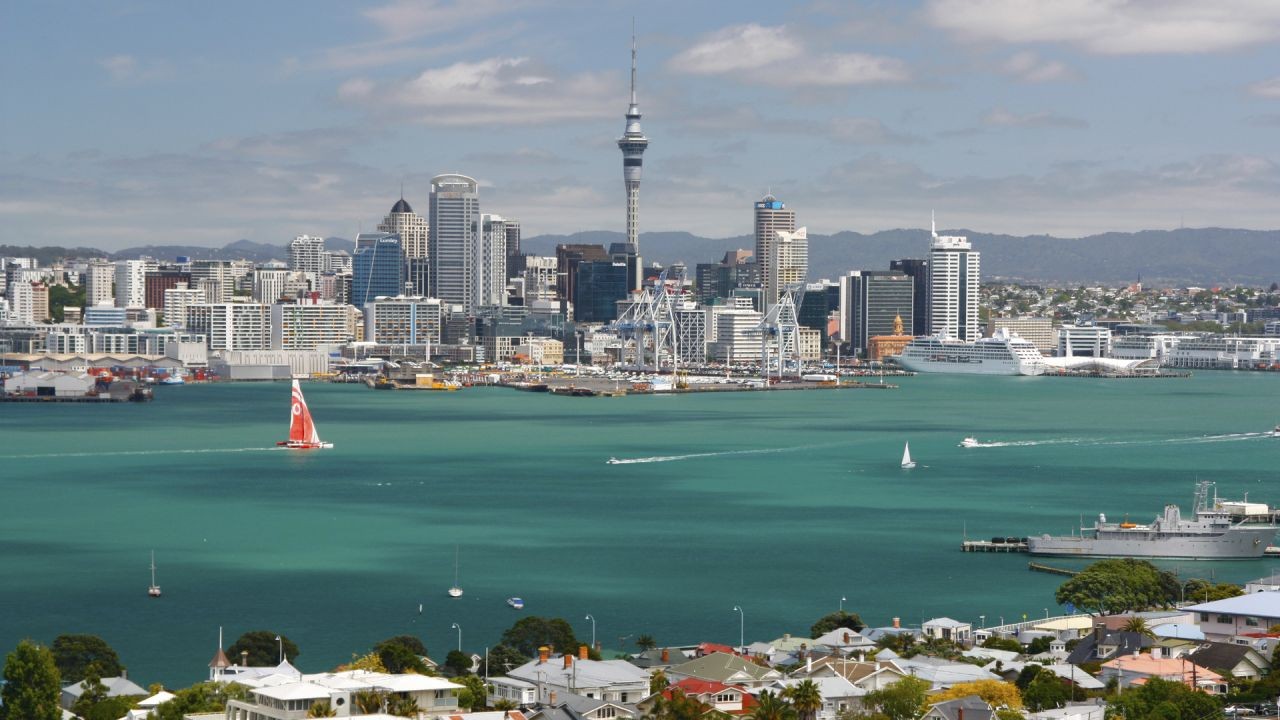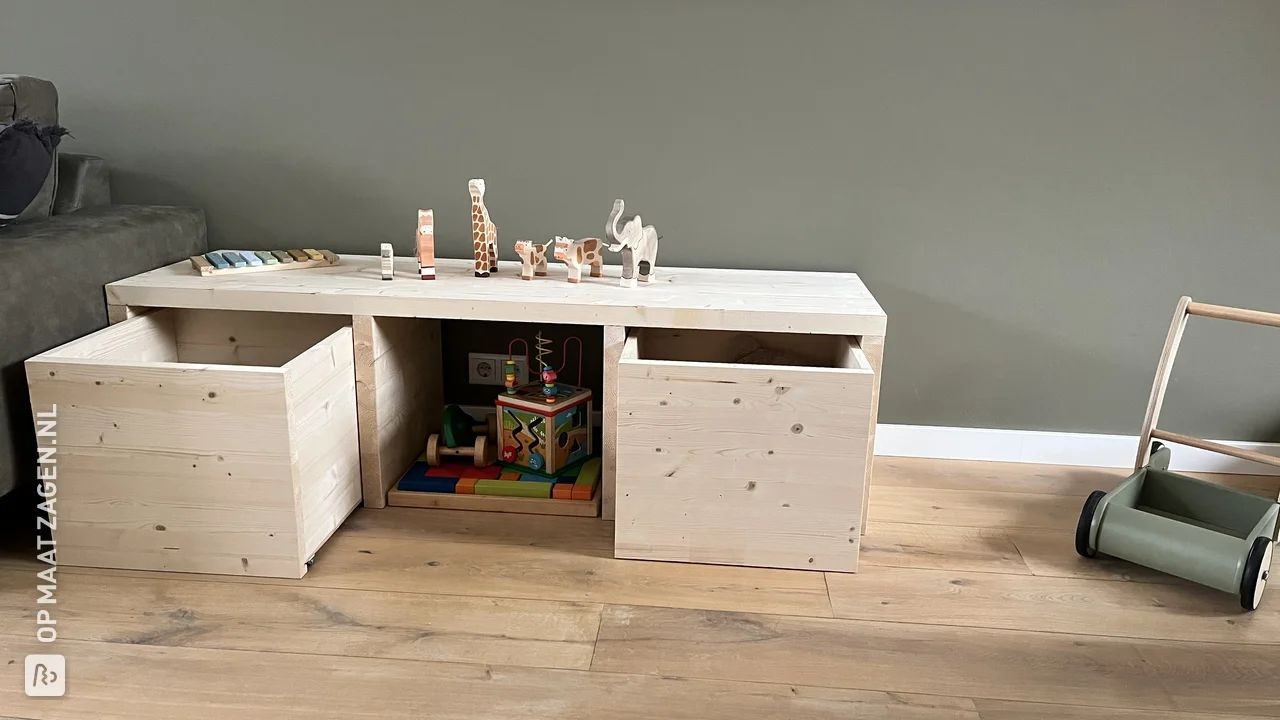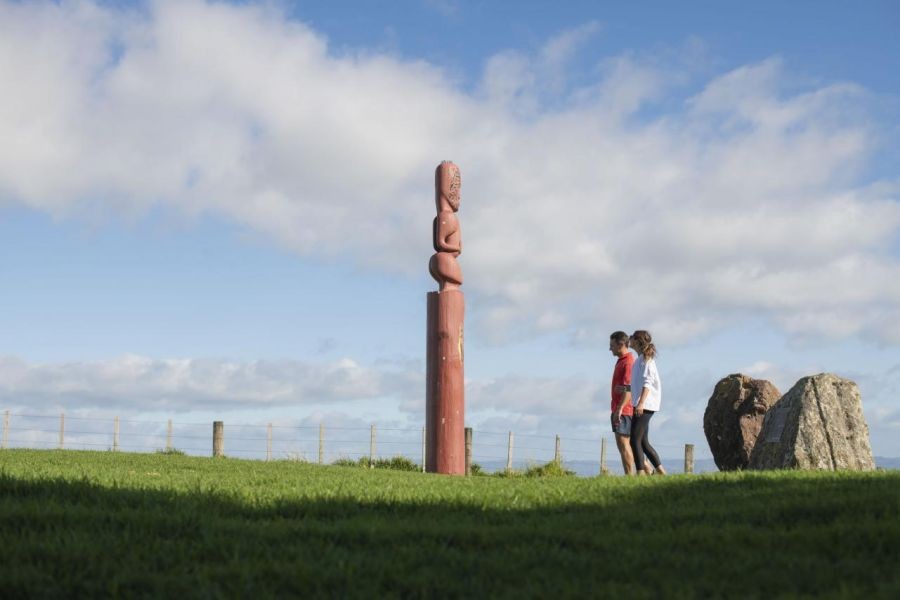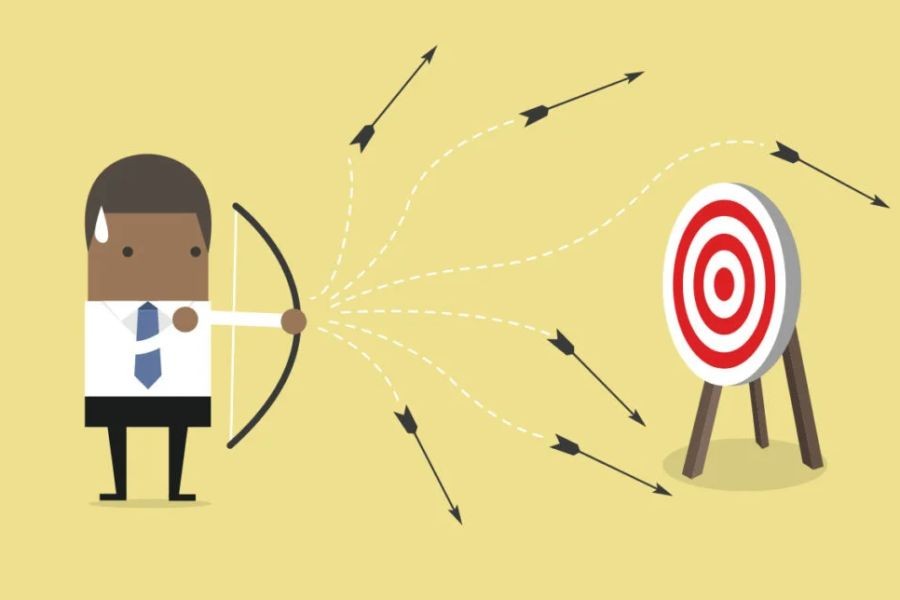Marathon training in New Zealand offers a unique opportunity to connect with the country's stunning landscapes while embarking on a journey of personal growth and achievement. However, training for a marathon is no small feat, requiring both physical endurance and mental resilience. Did you know that approximately 70% of all marathon participants in New Zealand are first-timers, driven by personal goals rather than competitive aspirations? This statistic underscores the significance of proper preparation and strategy to ensure successful completion and enjoyment of the race.
In this comprehensive guide, we delve into the step-by-step process of training for a marathon in New Zealand, emphasizing local insights, expert-backed strategies, and the unique challenges and opportunities presented by the Kiwi landscape. Whether you're a first-time marathoner or looking to improve your performance, this guide provides actionable advice tailored to the New Zealand context.
Understanding the Marathon Training Landscape in New Zealand
New Zealand's marathon scene is diverse, with races taking place across varied terrains—from the bustling cityscapes of Auckland to the serene trails of Queenstown. The country's moderate climate is generally favorable for training, although regional weather variations can impact preparation strategies. According to Stats NZ, participation in endurance events has been steadily increasing, with a 15% rise in marathon entrants between 2018 and 2022.
Local Factors Influencing Training
- Geography and Terrain: New Zealand's diverse topography means runners must be prepared for everything from flat urban roads to hilly trails. This diversity requires adaptable training plans that incorporate hill workouts and trail running.
- Climate: While New Zealand's climate is generally conducive to outdoor training, the weather can be unpredictable. It's crucial to plan for varied conditions, especially in regions like Wellington where wind can be a significant factor.
Building a Solid Training Plan
A well-structured training plan is essential for marathon success. It should balance running with strength training and rest, ensuring you're prepared physically and mentally.
Phase 1: Base Building
Begin with a focus on building your aerobic base. This phase typically lasts 8-12 weeks and involves running 3-4 times per week at a comfortable pace. Incorporate cross-training activities like cycling or swimming to boost endurance without overloading your joints.
Phase 2: Strength and Speed
As your base grows, gradually introduce strength and speed elements. Include one hill workout and one speed session per week. Research from the University of Otago suggests that hill training can enhance muscle strength and improve overall running economy.
Phase 3: Peak Training
In the final 6-8 weeks before the marathon, increase your weekly mileage and focus on long runs that mimic race conditions. Practice your nutrition strategy during these runs to ensure your body can handle the energy demands of the marathon.
Nutritional Strategies for Marathon Training
Nutrition plays a critical role in marathon training, influencing performance and recovery. A balanced diet rich in carbohydrates, proteins, and fats is essential.
- Carbohydrates: As the primary energy source for endurance activities, carbs should make up about 50-60% of your diet. Opt for whole grains, fruits, and vegetables.
- Protein: Essential for muscle repair, aim for 1.2-1.4 grams of protein per kilogram of body weight daily. Include lean meats, dairy, and legumes in your meals.
- Hydration: Staying hydrated is crucial, especially in New Zealand's variable climate. Drink regularly throughout the day and during your runs.
Common Myths & Mistakes in Marathon Training
Misconceptions can derail even the most dedicated runners. Here are some common myths debunked:
- Myth: "You need to run every day to train effectively." Reality: Rest days are critical for recovery and performance. Overtraining can lead to injury and burnout.
- Myth: "Carb-loading is only necessary the day before the race." Reality: Gradual carb-loading over several days is more effective and prevents digestive issues.
- Myth: "All you need is running shoes." Reality: Proper gear, including moisture-wicking clothing and supportive footwear, can significantly impact comfort and performance.
Real-World Case Study: Auckland Marathon Success Story
Meet Sarah, a first-time marathoner from Auckland who successfully completed her first marathon while juggling a demanding job and family commitments.
Problem
Sarah struggled with time management and maintaining motivation during her training. Many runners face similar challenges, with Stats NZ noting that time constraints are the leading barrier to consistent training among Kiwis.
Action
Sarah implemented a flexible training schedule, incorporating early morning runs and lunch break workouts. She also joined a local running club for accountability and support.
Result
Sarah completed the Auckland Marathon in under four hours, a personal best achieved through consistent training and community support. Her story highlights the power of adaptability and social motivation in overcoming training hurdles.
Balancing Work, Life, and Marathon Training
For many Kiwis, balancing marathon training with work and personal commitments is a significant challenge. Yet, with effective time management strategies, it is possible to integrate training into a busy schedule.
- Schedule Flexibility: Opt for flexible work hours or remote work when possible. This flexibility allows for strategic training sessions during off-peak times.
- Prioritize Recovery: Adequate sleep and active recovery should be integral parts of your schedule. They are crucial for preventing burnout and maintaining performance.
Future Trends in Marathon Participation in New Zealand
The future of marathon running in New Zealand looks promising, with several trends poised to shape the landscape:
- Increased Participation: As health consciousness rises, more Kiwis are taking up running, with participation expected to grow by 10% annually according to MBIE forecasts.
- Technological Integration: Wearable technology and virtual training platforms are becoming more prevalent, offering personalized training insights and enhancing runner engagement.
- Focus on Sustainability: Marathon events are increasingly incorporating sustainable practices, from eco-friendly materials to reducing single-use plastics, aligning with New Zealand's broader environmental goals.
Conclusion and Next Steps
Training for a marathon in New Zealand is a rewarding journey that requires careful planning, dedication, and adaptability. By leveraging local insights and resources, you can prepare effectively and enjoy the unique experience of running in one of the world's most beautiful countries.
Whether you're just starting or looking to improve your marathon performance, remember that consistency, proper nutrition, and a supportive community are key. Ready to take the first step? Begin by mapping out your training plan and connecting with your local running community for support and motivation.
Final Takeaway & Call to Action
If you're inspired to start your marathon journey, consider joining a local running club or consulting with a professional coach to tailor your training to your unique needs. Share your goals and progress with friends and family to stay motivated and accountable. What's your next move? Are you ready to lace up and hit the road?
Related Search Queries
- Marathon training tips NZ
- Best running routes in Auckland
- New Zealand marathon calendar 2024
- Beginner marathon training plan
- Nutrition for marathon runners
People Also Ask
- How long does it take to train for a marathon in New Zealand? Most training plans range from 16 to 20 weeks, depending on your current fitness level and running experience.
- What is the best time of year to train for a marathon in NZ? Spring and autumn are ideal due to moderate temperatures and stable weather conditions.
- Can beginners run a marathon? Yes, with proper training and preparation, beginners can successfully complete a marathon.





